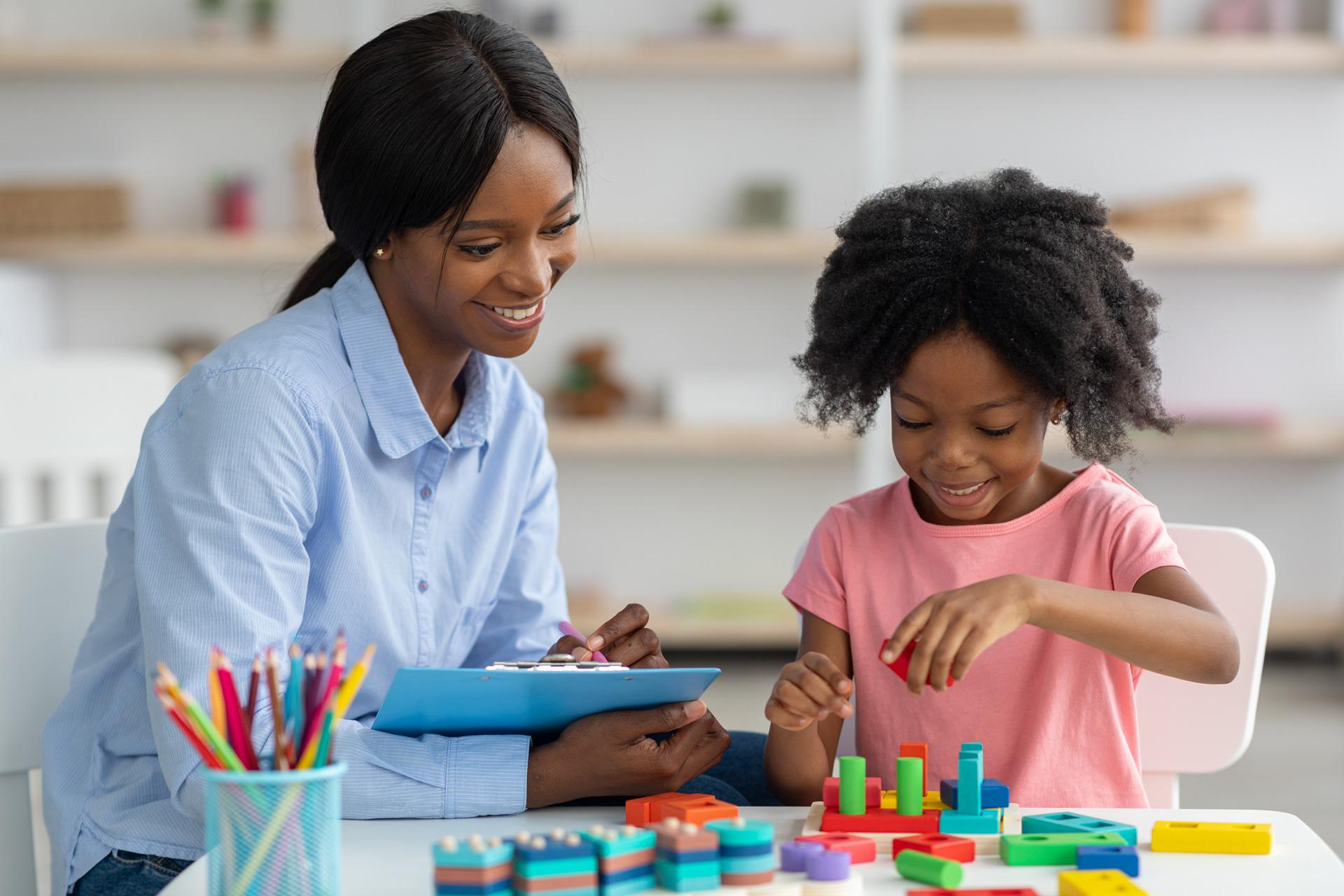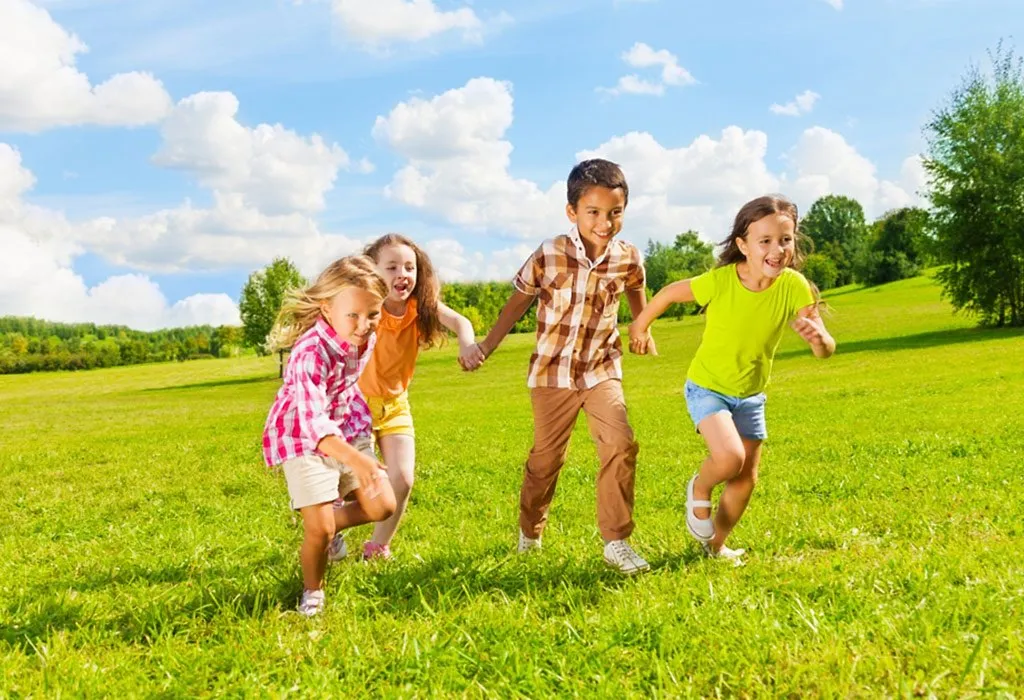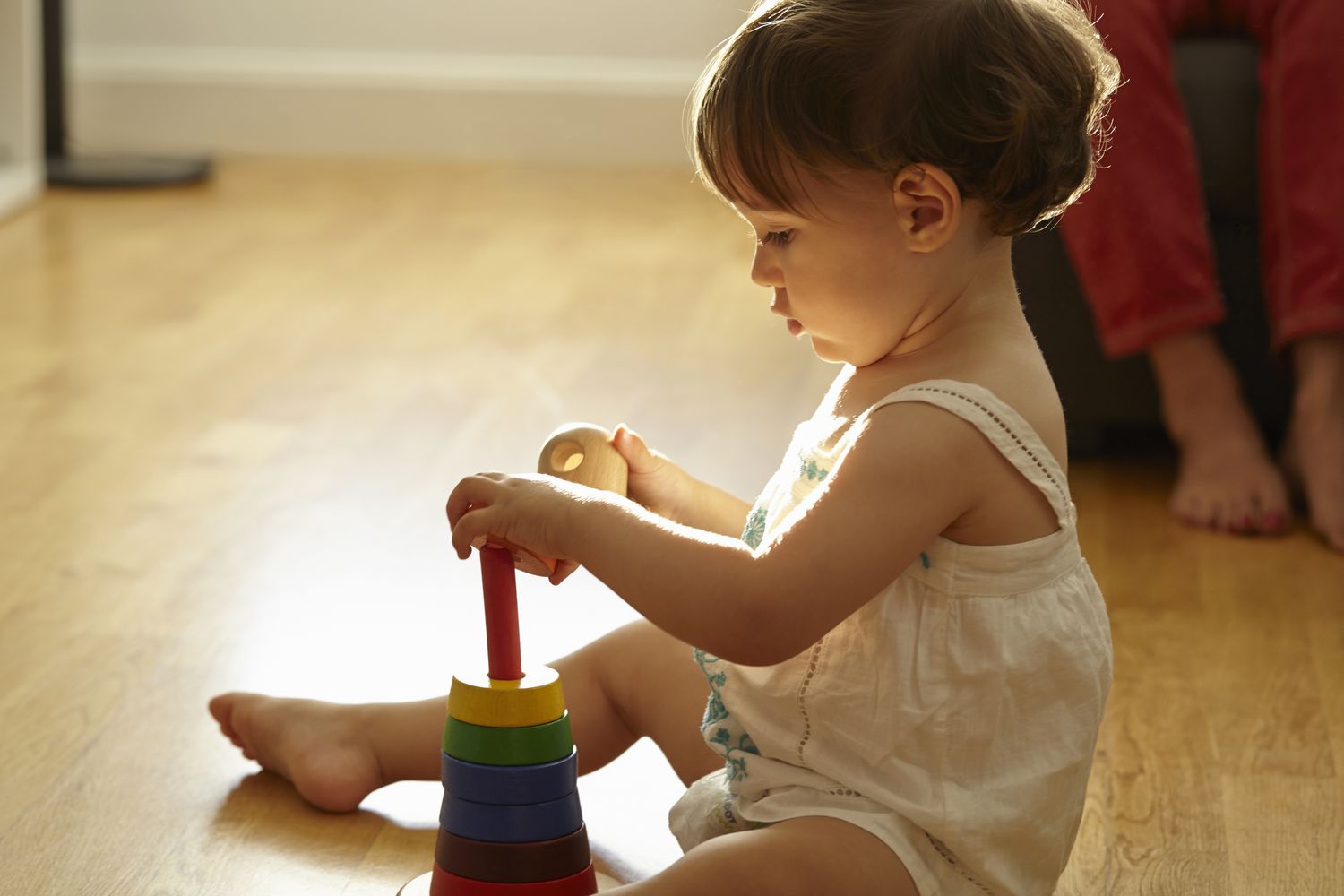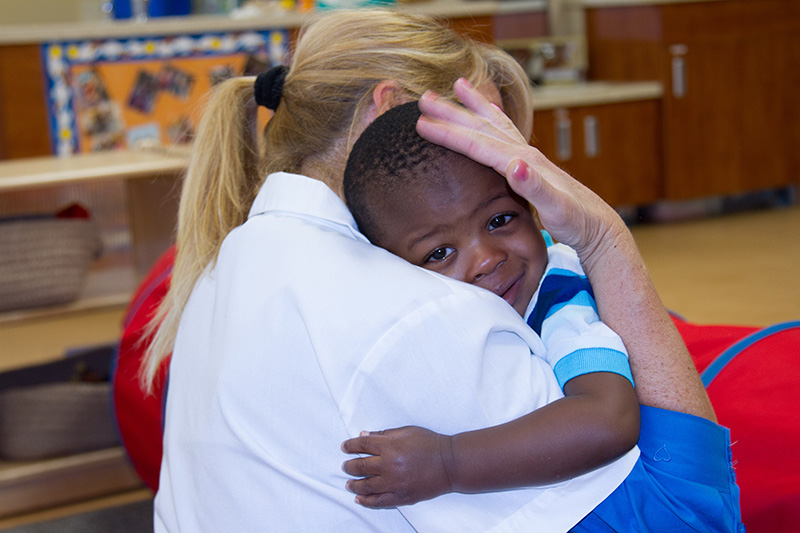Impact on Child Development
Child abuse has profound effects on a child's physical, cognitive, emotional, and social development. Understanding these impacts is crucial for providing appropriate support and intervention.

Physical Development
Children who have experienced abuse may sustain physical wounds that result in long-term health problems and disabilities. Malnutrition and poor physical health can be brought on by neglect, which can stunt growth and development.

Cognitive Development
Abuse can damage cognitive processes, making learning and academic success challenging. Abuse-related chronic stress has an impact on brain development and may cause cognitive impairments.

Emotional and Psychological Development
Post-traumatic stress disorder (PTSD), anxiety, and depression are common in children who have been abused. They could experience issues with emotional control, relationships, and low self-esteem.

Social Development
Children who have experienced abuse may find it difficult to make friends and interact with others. They frequently display aggressive or withdrawn behaviors, which can cause social isolation and difficulties in school and other social situations.
